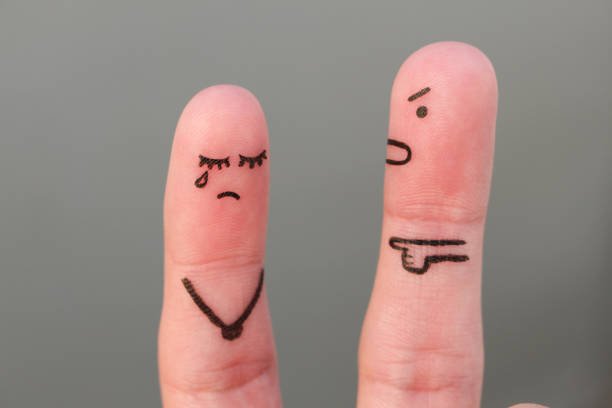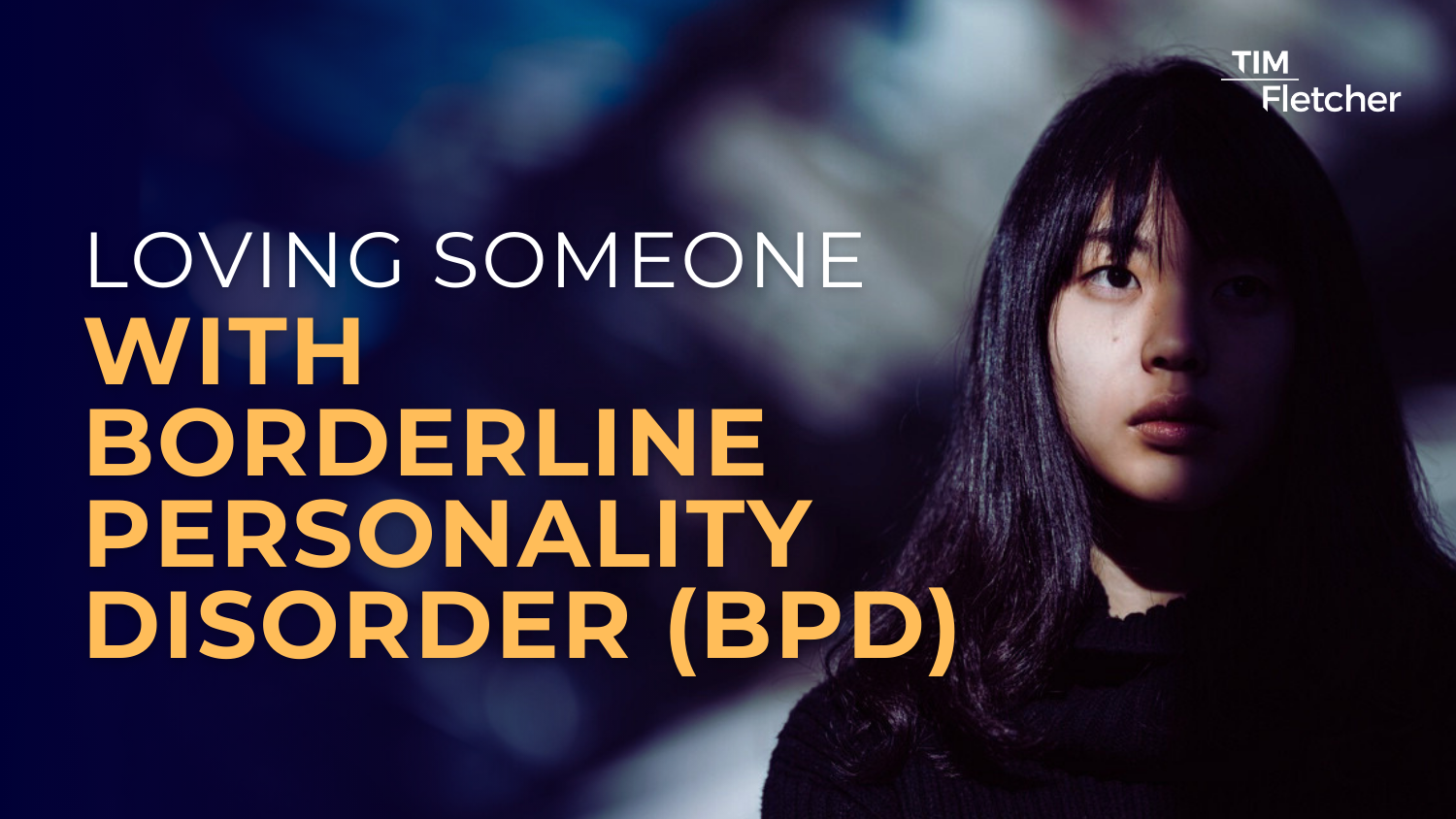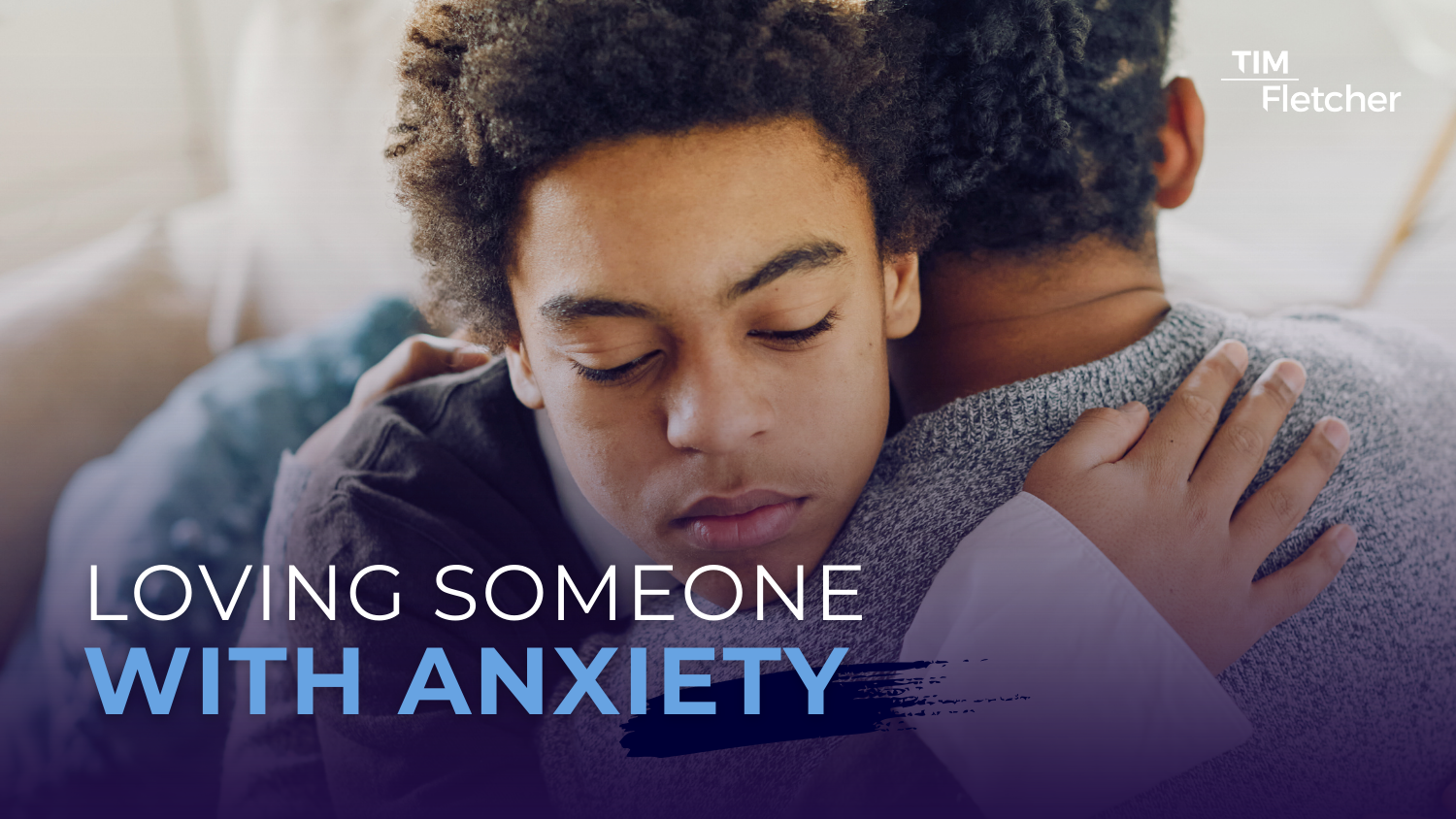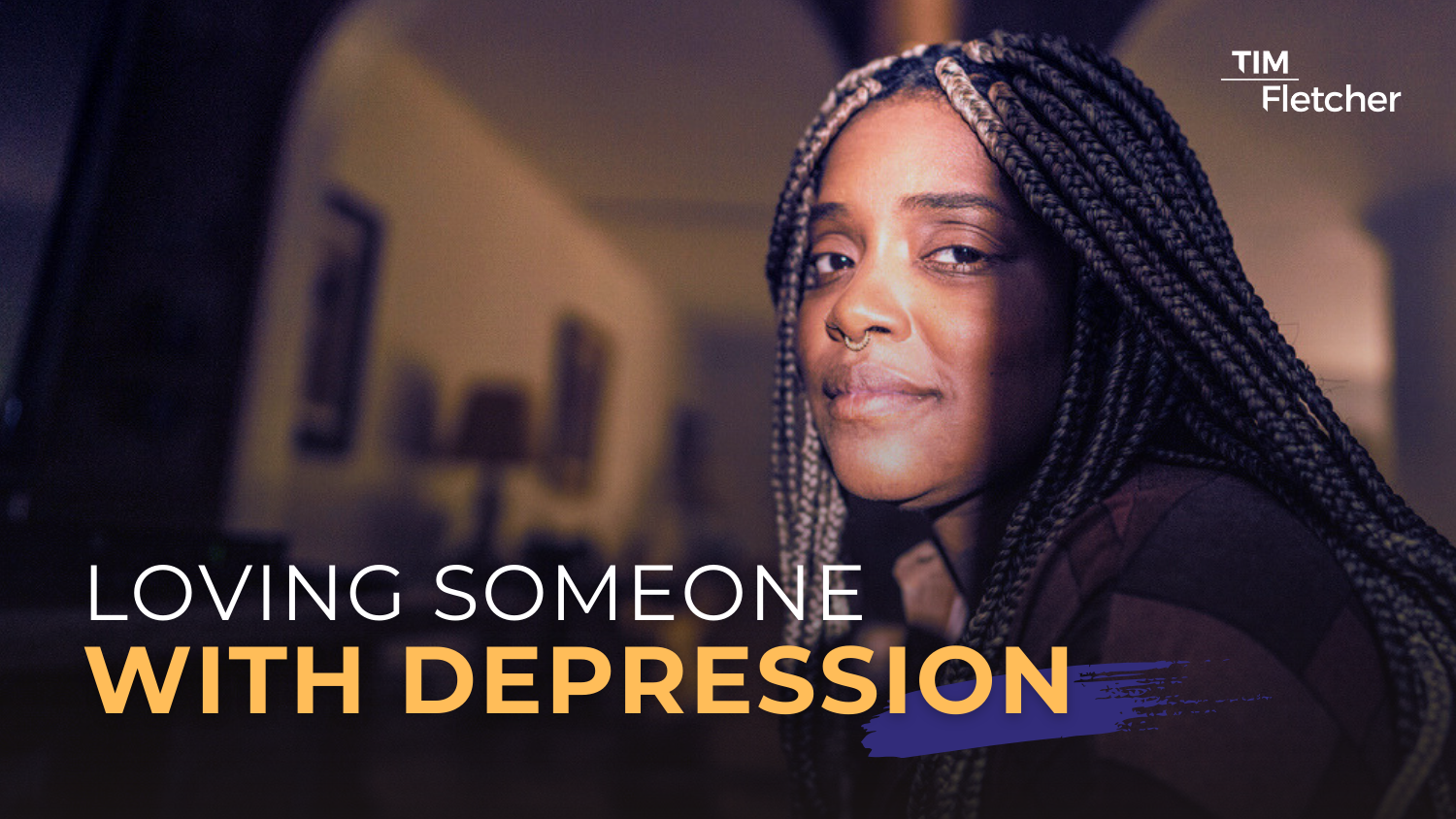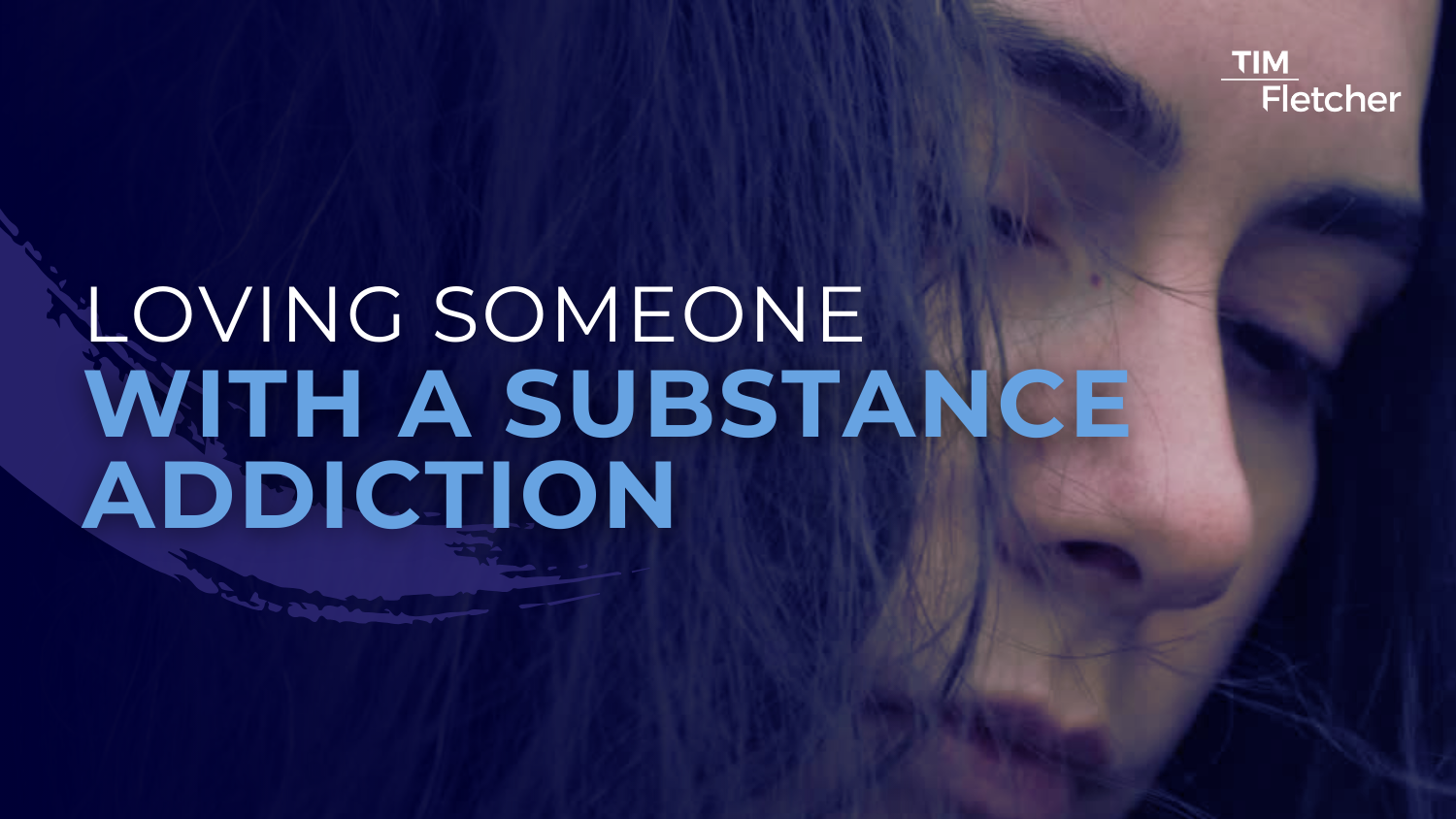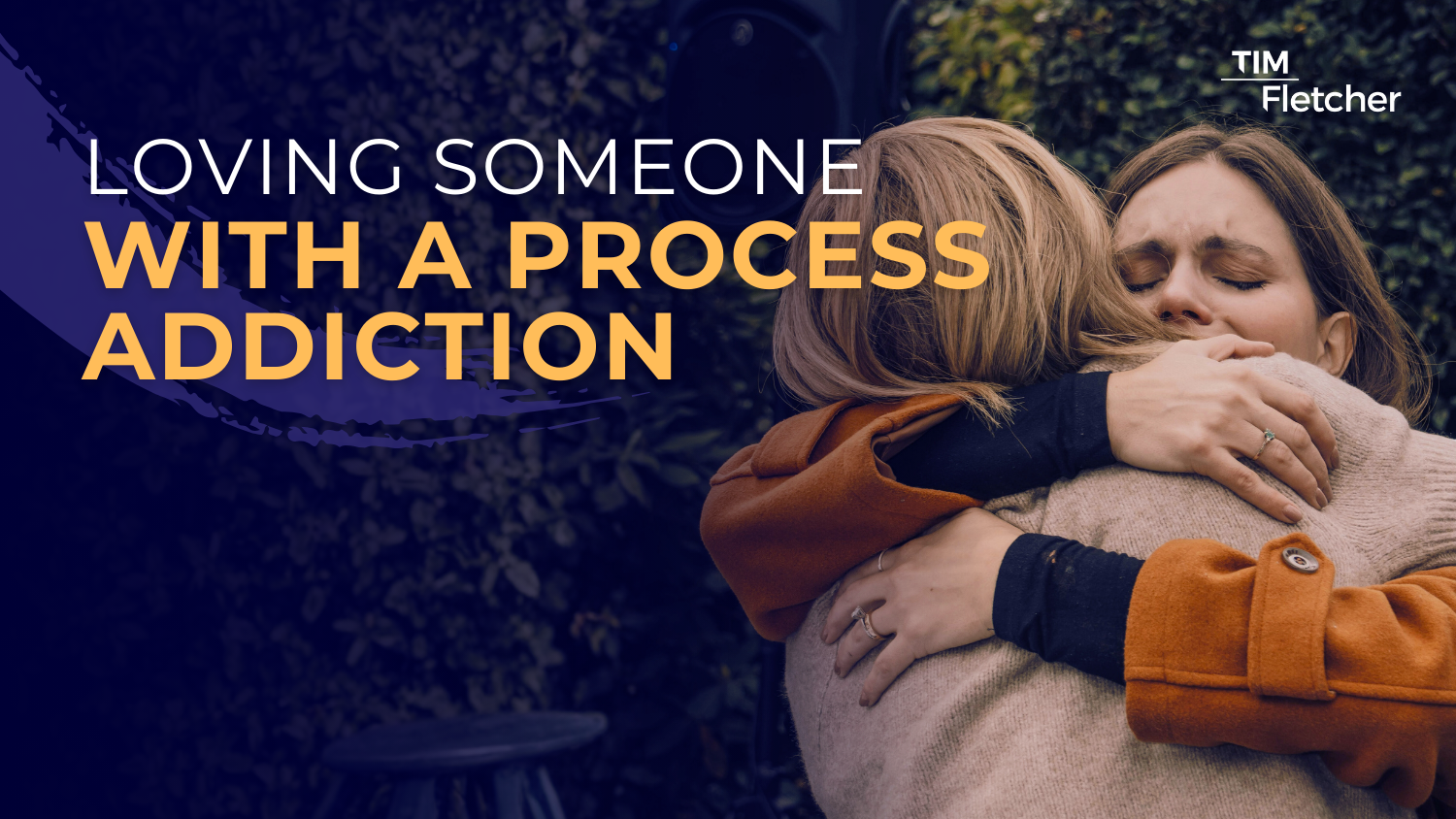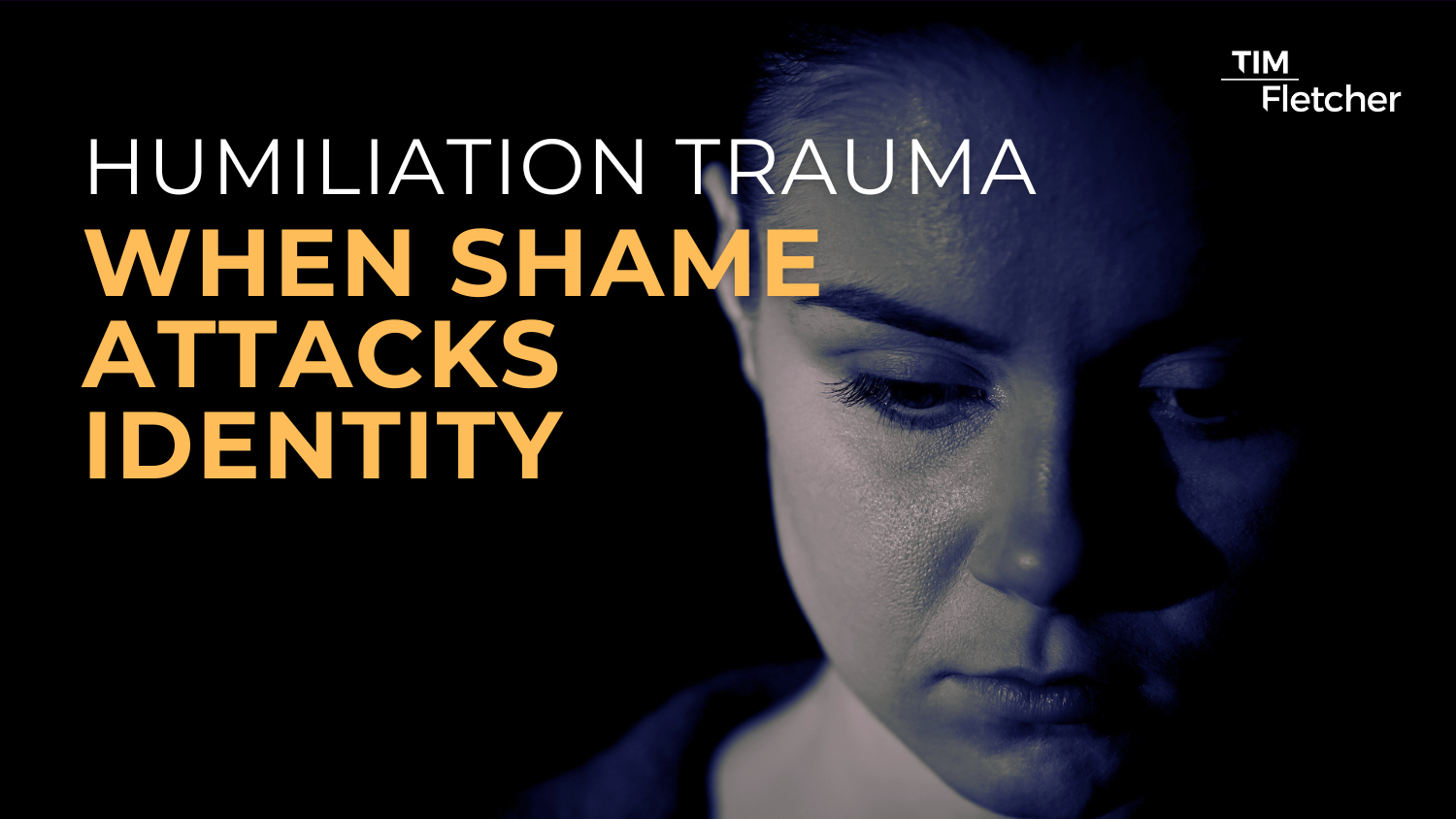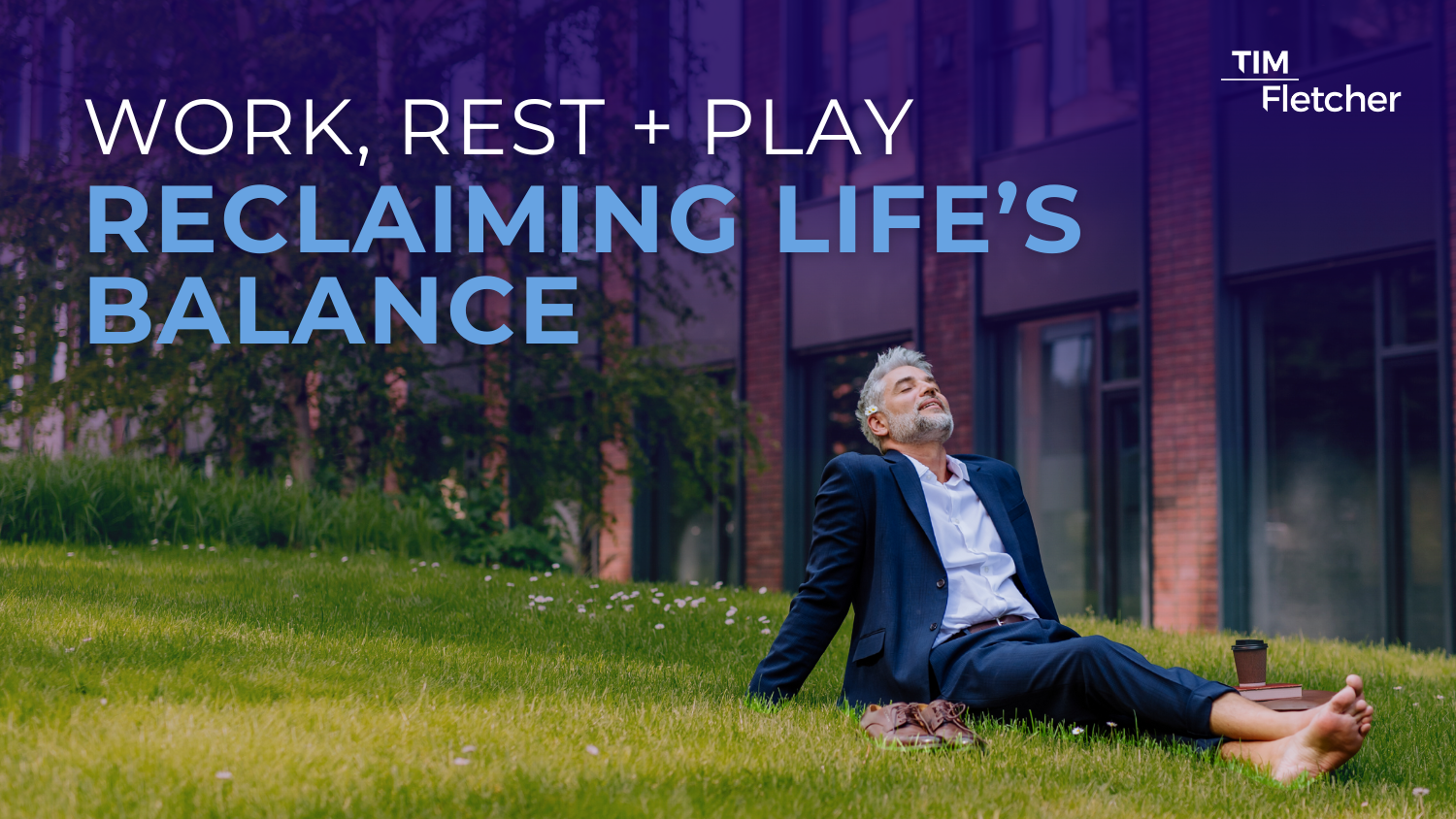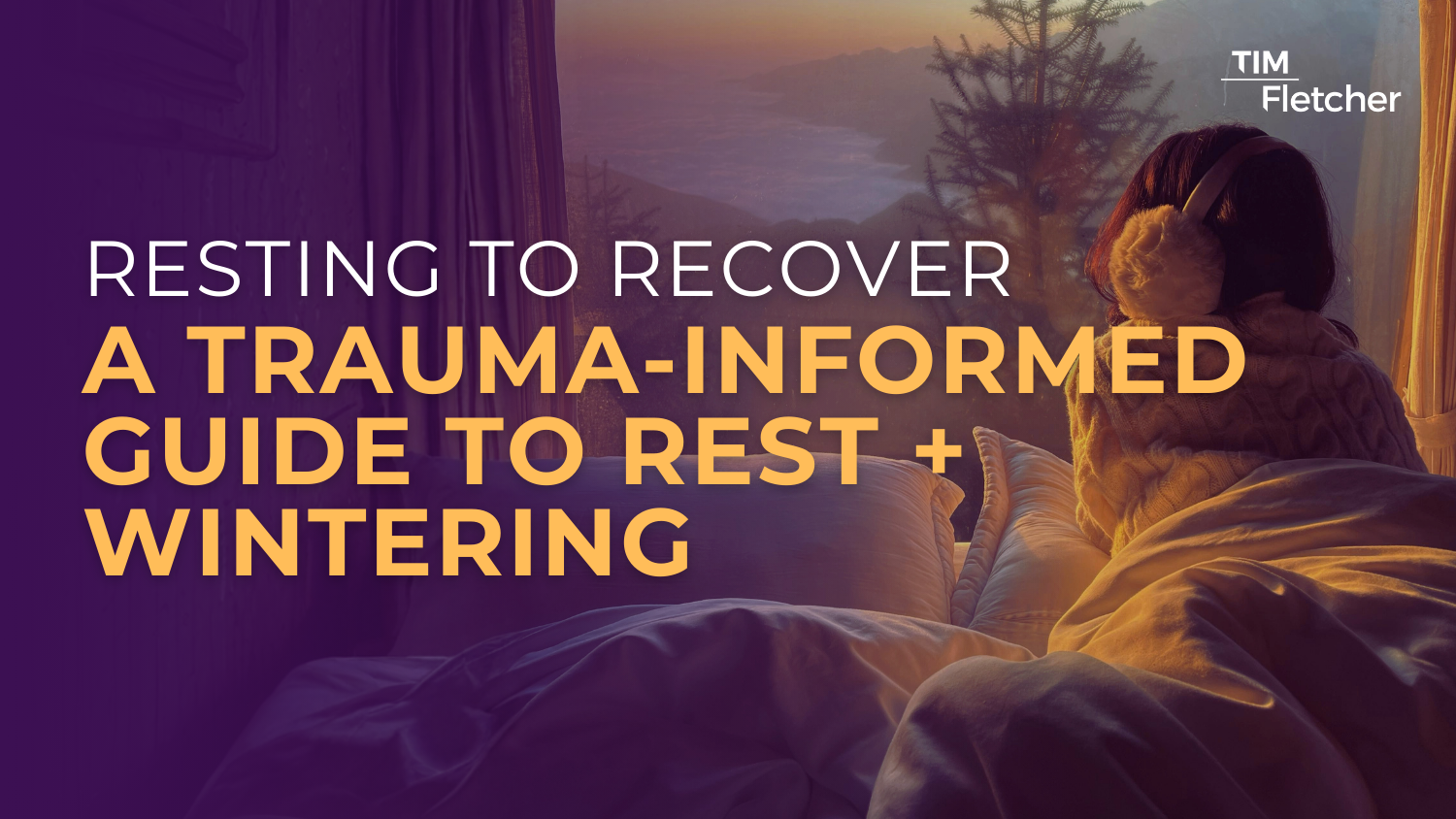The Lifelong Impact of Being an Unwanted Child: How Complex Trauma Shapes Identity, Relationships, and Healing
If you grew up feeling like an afterthought—like your existence was a mistake, a burden, or even a disappointment—you may carry wounds deeper than words can describe. The trauma of being an unwanted child is one of the most insidious forms of complex trauma (C-PTSD), shaping your brain, emotions, and relationships in ways you might not even realize.
Unlike single-event traumas (like an accident or assault), complex trauma stems from prolonged, repeated distress—often beginning before you could speak. And when a child’s earliest experience is the subconscious (or explicit) message 'You weren’t wanted,' the fallout can last a lifetime.
But here’s the hope: Understanding your trauma is the first step toward reclaiming your life. Let’s explore how being an unwanted child leads to complex trauma, its symptoms in adulthood, and—most importantly—how healing is possible.
How Does an Unwanted Child Develop Complex Trauma?
Complex trauma isn’t just about what happened to you—it’s about what didn’t happen. Secure attachment. Emotional safety. The feeling of being cherished. When these are missing from infancy, the brain and nervous system wire themselves around survival, not wholeness.
3 Ways a Child Internalizes 'I Wasn’t Wanted'
1. Accidental Pregnancy – Parents may have wanted a child eventually, but not now—or not at all. Even if unspoken, children absorb resentment or emotional distance.
2. Gender Disappointment – 'We wanted a boy… but got you.' The message? You’re not enough as you are.
3. A Mother’s Death in Childbirth – If a mother dies bringing a child into the world, that child may grow up believing, 'My life cost hers.'
Research Insight:
- A Drexel University study found that half of all U.S. pregnancies are unplanned or unwanted, with long-term effects on children’s mental health.
- Studies suggest that fetuses sense maternal stress in the womb, activating their stress systems before birth.
'Why Do I Feel Like This?' – Complex Trauma Symptoms in Adulthood
If you were an unwanted child, your adult life may be shadowed by:
1. Relentless Shame & the Core Belief: 'I’m Unlovable'
- 'If my own parents didn’t want me, who would ever want to?'
- This shame becomes a core identity, leading to self-sabotage, perfectionism, or people-pleasing.
2. Fear of Abandonment in Every Relationship
- You crave connection but expect rejection.
- You might:
- Push people away before they leave you.
- Stay in toxic relationships (confirming your belief that you don’t deserve love).
3. Emotional Dysregulation
- Because no one helped you calm your childhood distress, your nervous system stays on high alert.
- Small triggers feel like emergencies (thanks to a hyperactive amygdala).
4. Feeling Like an Outsider – Even Among Friends
- That haunting sense: 'I don’t belong anywhere.'
- Social anxiety, loneliness, or feeling 'fake' in groups.
5. Self-Sabotage & the 'Too Good to Be True' Mentality
- Deep down, you don’t trust happiness.
- Example: Quitting a job before you’re fired, ending a relationship preemptively, or dismissing compliments.
Question to Reflect On:
Which of these patterns do you recognize in yourself?
Breaking the Cycle: How to Heal from Unwanted Child Trauma
Healing complex trauma isn’t about 'fixing' yourself—it’s about rewiring your nervous system and rebuilding your sense of worth. Here’s where to start:
1. Name the Wound
- Acknowledge: 'I wasn’t wanted, and that hurt me.'
- Write a letter to your younger self (Example: 'You didn’t deserve to feel unwanted. You are enough.')
2. Challenge the Core Belief
- Every time you think 'I’m unlovable,' ask:
- 'Is this true, or is this my trauma talking?'
- 'Would I say this to a child in my situation?'
3. Reparent Yourself
- Give yourself what you missed:
- Safety (Routines, boundaries).
- Nurturing (Self-compassion, comforting activities).
- Validation (Therapy, supportive communities).
4. Rewire Your Nervous System
- Somatic therapies (like EMDR) help process trauma stored in the body.
- Mindfulness teaches your brain that you’re safe now.
5. Choose Safe Relationships
- Notice: Do you gravitate toward people who can’t love you (repeating the past)?
- Practice letting safe people in—even when it feels terrifying.
Healing Affirmation:
'My worth isn’t determined by how I was received. I am allowed to take up space.'
Your Trauma Doesn’t Have to Be Your Future
Being an unwanted child imprints deep wounds—but those wounds can become wisdom. Your sensitivity, resilience, and capacity for empathy? Those are strengths forged in survival.
If this article resonated with you, you’re already on the path to healing. The next step? Reaching out. Whether through therapy, trauma-informed communities (like TFco’s resources), or simply allowing yourself to believe 'I am wanted now,' change is possible.
You are not a mistake. You are a story still being written.











